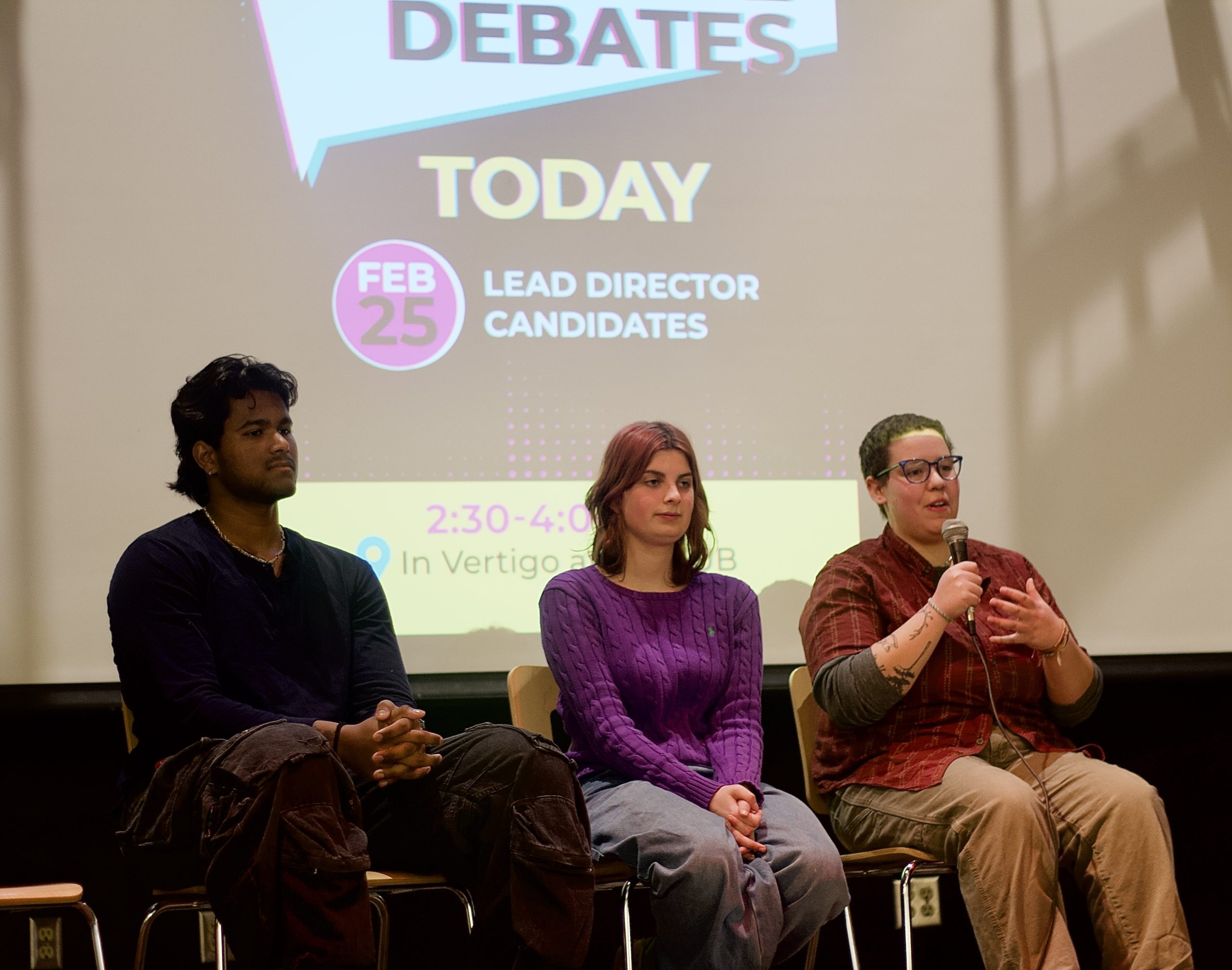On Dec. 7, our new Prime Minister will be in Paris with a team of Canadian leaders to work out a new international agreement on climate change. Most Canadians want them to succeed.
Despite there being scientific consensus on climate change, there is a lack of social consensus around the world. A significant portion of humanity has never even heard of it, and many reject or disregard it when they do. Worse yet, many who accept it refuse to act. However, a new(-ish) program offered here at UVic since 2008, Human Dimensions of Climate Change (HDCC), promises to help change all that.
COP21 is the latest meeting of the Conference of the Parties, a gathering that takes place annually in different cities around the world. Organized by the United Nations, it has reached agreements before. However, its targets have not been met and greenhouse gas emissions have continued to rise.
The UN currently aims to reach an agreement that will keep global warming below 2°C. The commitments received from countries and corporations are so far not enough, but altogether they are much greater and firmer than they have ever been before.
Part of the problem is that when governments look for climate solutions, they tend to limit discussion to “the Big 3” areas: science, economics, and behavioral psychology. Until recently, a wealth of relevant, useful, and applicable knowledge from other academic disciplines (including the social sciences, arts and humanities) has been missing from conversations about threats and impacts, what to do, and how to do it.
COP21 can be distinguished from its predecessors because of the expanded number of tools, practices and methods that have been used leading up to the meeting. In the world of international diplomacy this is not “business as usual;” and the same is true for the world of trade and commerce. Indeed, the pursuit of an international agreement has necessarily become increasingly interdisciplinary.
This is where the new HDCC program at UVic comes in. HDCC includes courses that explore a broad range of academic disciplines that include and go beyond “the Big 3” by encouraging students to engage in multiple perspectives. The result is a one-of-a-kind program at the cutting edge of the climate change conversation. In fact, HDCC is the first program in the country to offer this cross-pollination of disciplines.
This innovative new program was started by Dr. Robert Gifford from the Department of Psychology at UVic. He describes seven categories of psychological barriers to addressing climate change, which he likens to dragons that can halt people from facing it. He says that these “dragons of inaction” affect people of all types.
Can the dragons be overcome? Gifford quickly realized the importance of working with other scientists, academics, experts, and policymakers in order to take them on. HDCC was born out of the pressing need to make the conversation on climate change more integrated and holistic: COP21 is beginning to address this need, and now UVic students can too.
This spring, two classes are available: HDCC 300, Climate Change as Challenge and Opportunity for Social Transformation, looks at social webs, cultural goggles, and climate change activism; HDCC 400, Human Actions, Human Consequences, explores disciplinary perspectives and mitigation strategies. As electives, these courses perfectly compliment any program that has (or needs) an environmental component. They also make up the core of the new HDCC minor.
Perhaps the most enjoyable aspect of HDCC is the classroom discussion. Students get to experience being in a room full of people whose hearts are rising to the challenge of climate change. Can we stay below 2°C? The conversation flows like a roller-coaster ride, broadening one’s understanding of humanity as well as the environment. It is an adventure where the fate of the world hangs in the balance . . . complete with dragons.







